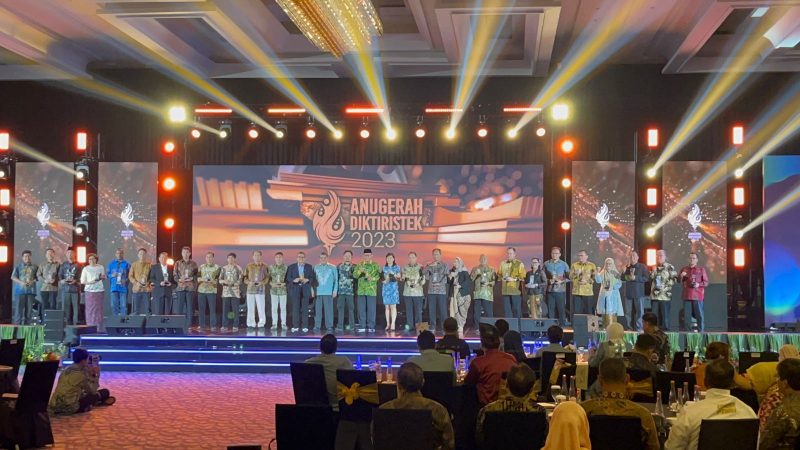A piece of shocking news was announced by one of the largest marketplaces, Shopee, which recently laid off around three percent of its employees. This came as startling news to Indonesia because there have been similar steps taken by a number of digital companies, including startup companies. According to Layoffs.fyi, there have been 56,224 employees from 381 global startup companies who were laid off as of July 22, 2022. These figures could actually be much larger because only a few companies reported their employee-reduction data. Additionally, these announced data exclude the number of numerous startup companies that must put their operations on a halt or even terminate their business.
The dynamic of this situation has raised concerns regarding the current job market condition. Would these startup ex-employees have effortless opportunities to get some work? What about the fate of the startup founders whose companies were forced to discontinue their businesses due to insufficient funding or other factors?
Research conducted by Yale University in the U.S., entitled “Are Former Startup Founders Less Hireable?”, reported that in terms of getting a follow-up call after a job interview, former technology startup founders have 43% less chance compared to non-startup founder applicants.
How far is the validity of this research result in Indonesia? Bayu Seto, a partner at Living Lab Ventures, argued that there are innumerable advantages offered by startup founders. “Former startup founders are knowledgeable generalists who are critical in observing potential business opportunities that can be acquired. These individuals are also sensitive to any red flags that potentially lead to deal breakers. These skills are shaped by their experiences in managing and operating a company. With those experiences, these startup founders are able to provide well-thought views in making investments,” he said.
Contradictory to his earlier statements, Bayu found that the majority of former early-stage startup founders tend to be hyper-focused on the product or service they build. This results in the negligence of the big-picture solutions they are trying to offer the market. “On multiple occasions, these startup founders are even reluctant to do pivotal moves when there are sudden market trend changes.”
According to Bayu, the choice of recruiting former startup founders who “switched quadrants” to be professional workers, raises a number of risks. For one, the risk of cultural fit, where a rigid hierarchical culture is often adopted by conventional companies. Therefore, creating an open and flexible working situation, as well as establishing a non-hierarchical culture would be the main keys to maximizing the potential of the former startup founders.
Unrelated to the survey results, a number of companies still prioritize their prospective employees’ competencies and skills; regardless of their background. XL Axiata, for example, agrees with this statement. “We select our employee candidates based on the eligibility of their competencies, skills, and work culture compatibility. All employees who have joined XL Axiata will also need to undergo employee development programs to heighten their competencies and skills,” said XL Axiata Group Head People Services, Mochamad Hira Kurnia.







